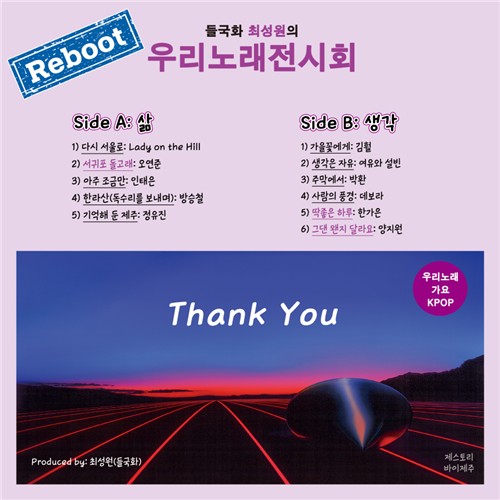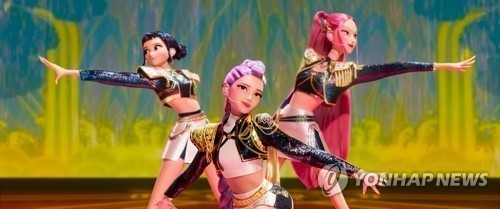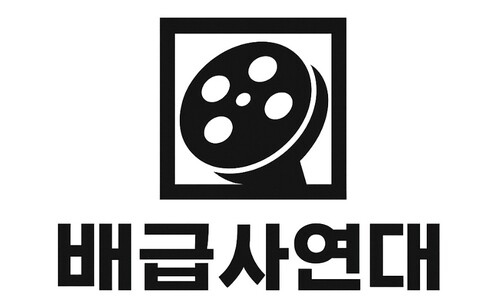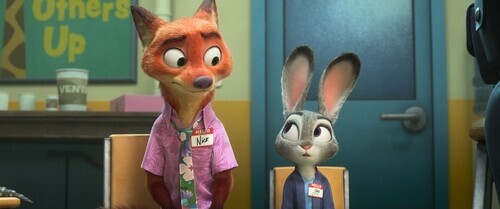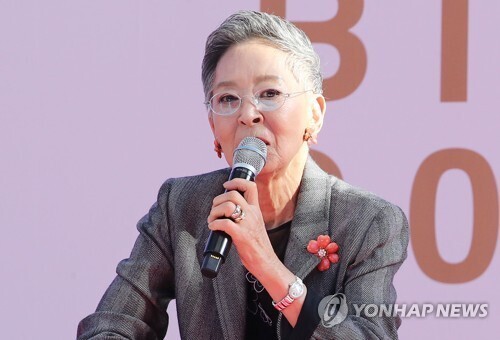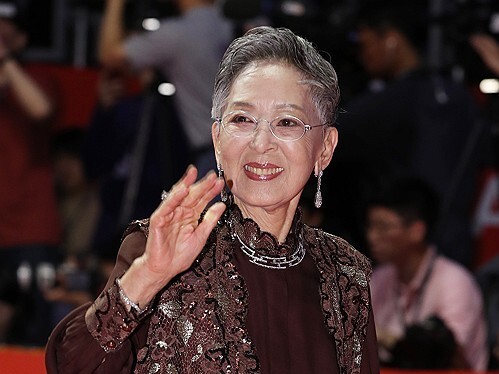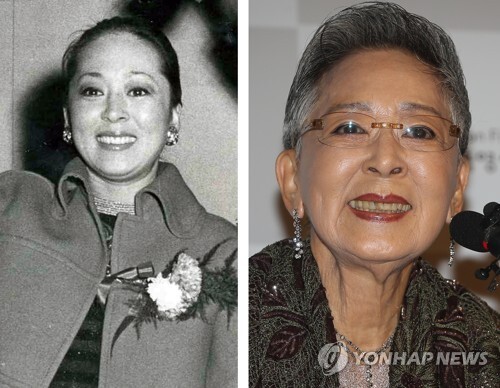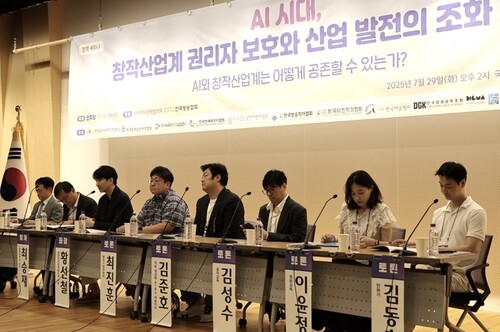 |
| ▲ This photo is provided by the Korea Music Copyright Association. (PHOTO NOT FOR SALE) (Yonhap) |
SEOUL, July 30 (Yonhap) -- Amid the growing use of generative artificial intelligence (AI) across the popular culture industry, industry experts are calling for ethical standards to be established to protect the rights of creators.
According to the Korea Music Copyright Association on Wednesday, music director Kim Seong-su—known for his work on the hit series Squid Game—emphasized during a policy seminar held Monday at the National Assembly Library in Seoul that AI can serve as a tool to enhance creativity rather than being a threat to art.
“AI is not the enemy of art—it can become an instrument to extend the hand of creation,” Kim said. “However, this must be predicated on establishing ethical standards for how AI is used.”
Kim warned that when technology is used solely as a tool to pursue efficiency, “the essence of the creative process can be undermined.”
The seminar, titled “In the Age of AI: Protecting Rights Holders in the Creative Industries While Advancing the Sector,” was hosted by Rep. Park Soo-hyun of the Democratic Party of Korea. It was jointly organized by the Pan-Creative Policy Council—comprising major domestic creator and rights-holder organizations—and the Korea Broadcasting Association.
The event drew some 300 attendees, including creators, academics, and lawmakers, who discussed gaps in the current copyright system and explored ways to balance protection of creators’ rights with industry growth in the AI era.
Kim Jun-ho, head of OGQ Blending, a generative AI company, emphasized that the protection of creator rights is essential for the sustainable development of AI technology. He proposed industry principles such as transparent disclosure of training data, a compensation system based on contribution, and system designs that allow for creator control.
“The practice of AI companies using copyrighted works without permission under the pretext of ‘legal use’ is not sustainable,” Kim said. “We urgently need technological and institutional solutions that enable coexistence with creators.”
Professor Choi Seung-jae of Sejong University, who delivered a keynote presentation, highlighted emerging copyright issues such as the use of copyrighted materials in AI training, style imitation, and image generation. He stressed the need for new legislation and transparent data disclosure procedures.
Rep. Park stated, “AI development must not threaten the livelihoods of creators. Rather, it should open new creative frontiers and foster a better environment for artistic expression.”
(C) Yonhap News Agency. All Rights Reserved







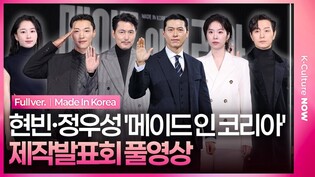
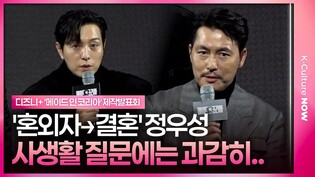
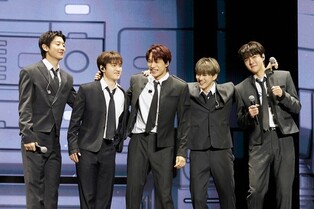
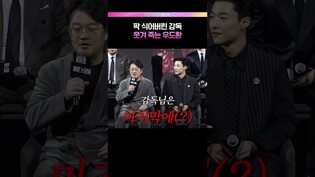

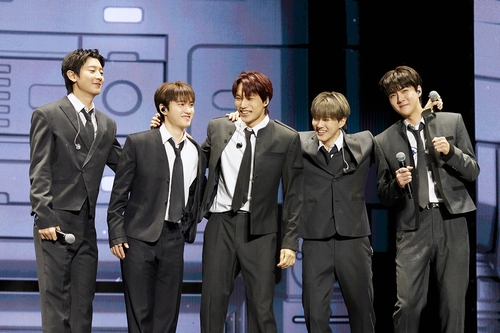
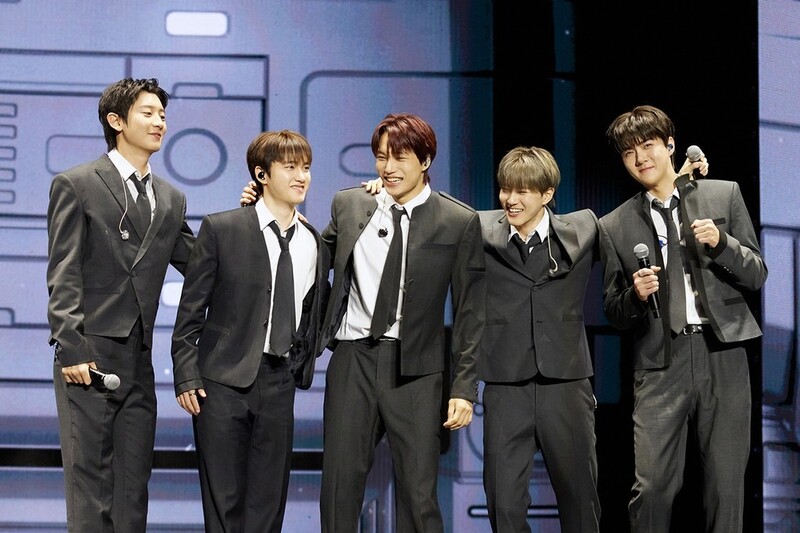
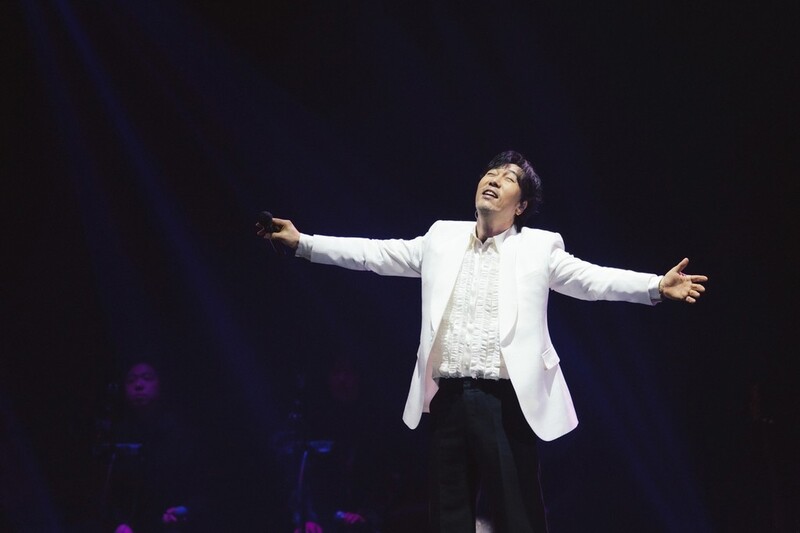
![[가요소식] 데이식스, 겨울 시즌송 '러빙 더 크리스마스' 발매](https://korean-vibe.com/news/data/20251215/yna1065624915955227_669.jpg)
